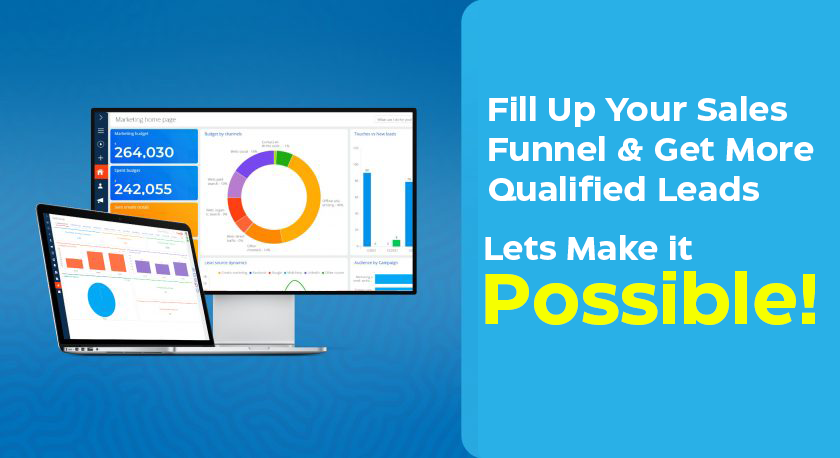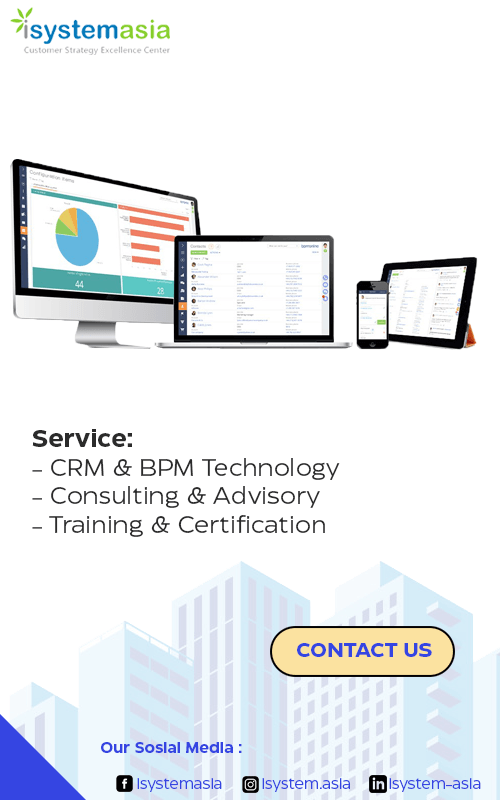
If you run a small to mid-sized business, you would have doubtless given cloud CRM a thought. Put simply, cloud CRM enables data capture and its conversion into usable information so that you can retain existing clients and expand your customer base. Note, we speak of clients and customers. And isn’t that what business is really all about? You take care of the customers and they’ll take care of your business’s bottomline.
CRM via remote-located servers is a veritable boon for SMBs provided you know how to put cloud CRM to work.
1. Know what you want from your cloud CRM – The single most important aspect to getting the best out of CRM in the cloud; it affects the results that you will obtain and the costs that you will incur. What do you wish to focus on in the short to mid-term? What is it that you are good at and what aspects of customer relationship management do you need to work on? If you already have an excellent database of prospective customers, then you can afford to go easy on marketing and instead focus on sales and service. The latter, of course, is all-important and the veritable axle around which the CRM wheel revolves. Cloud CRM service providers offer different sets of applications, for example with Creatio CRM you can choose from Sales, Service Cloud, and Marketing.
2. Level of adaptability – Or in other words, integration with apps outside the provider’s own ecosystem of applications. Take the example of Google Apps. Millions of businesses use it to manage data, stay in touch with customers, for real-time data creation and sharing and other uses. Android and iPhone apps for productivity are other examples. Does your cloud CRM integrate with these? It can help you reach out to a much vaster audience and prospective customer base at lower cost. In a nutshell, as newer communication devices and technologies go mainstream, your chosen cloud CRM should work with these. Be they Skype, smartphones, or tablets.
3. Social CRM – Here’s a fact for you. Four out five Americans use social media; sites such as Facebook, twitter, and Linkedin are huge repositories of information and places where contacts are made. Social networking websites help you understand customer needs and concerns. Your presence here can help you stay ahead of the curve. Your cloud CRM should help you establish and nurture a presence on social media.
4. Making a shift – Or in other words, planning an exit strategy. You may wish to make a shift to another CRM system on the cloud or to an on-premise CRM solution. Whatever be the case, you should know what it takes before you start working with a new on-the-cloud CRM solution. Have a general blueprint for migration ready, at least in your mind and have it vetted by the CRM provider. Any laxity in this can lead to a lot of grief later on.
Benefits Of Using Cloud CRM
Cloud-based CRM systems provide automated business processes to run a very complete customer stage management, from prospecting to prospect management to opportunity management. Best-in-class cloud CRM connects users with sales and marketing while also allowing businesses to manage efficient customer interactions.
1. No Need To Deploy To Server
You don't need expensive hardware or extra workers to manage. Unlike other applications, this cloud CRM solution only requires a stable internet connection to run.
2. Reducing Operational Costs
Cloud CRM does not require excessive IT staff, and companies can spend very little money on IT maintenance. The health of the CRM cloud is borne by the provider, who is obliged to update the system and fix some bugs to ensure the application can run smoothly.
3. High Mobility
Cloud CRM can be run whenever and wherever, so it is always available when you need it. Cloud CRM can be accessed via Android, iOS, and Windows.
4. High-Level Security
The best cloud CRM applications provide facilities with security in remote information storage. Servers from cloud CRM ensure that the stored data is secure and implement technology to monitor your data. All stored data is backed up and organized regularly to avoid data loss.
Key Features of Cloud CRM
As creatio says, cloud CRM has key features like:
1. Business Process Management
2. 360-degree Customer View
3. Collaboration Tools
4. Knowledge Management
5. Document Flow Automation
6. Mobile Apps
iSystem Asia comes with providing CRM (Customer Relationship Management) system integration services, and many features of the CRM software iSystem Asia that can facilitate the management of the company's business. iSystem Asia also provides several other services such as CRM and BPM Technology, Consulting and Advisory, Training, and Certification. For more information please contact the person below.
Questions? We’ve got answers.
Ph: +62 21-7883 3022/7883 8714
Email: lissa@i-systemasia.com



